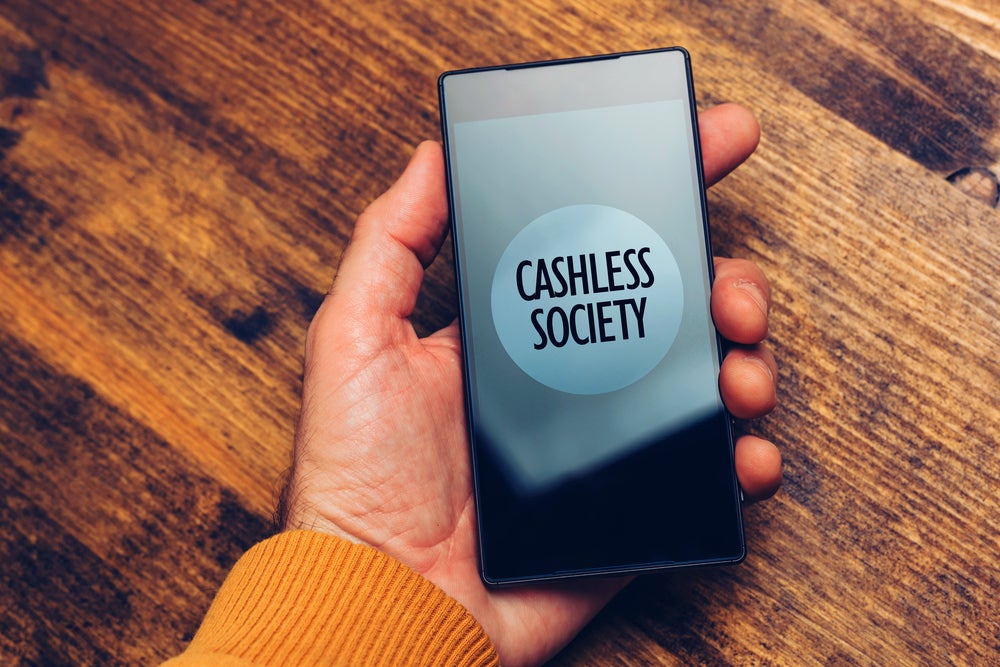
Reliance upon cashless transactions has evolved over recent decades. From reserving the credit card for ‘big purchases’ such as holidays, to us now tapping our cards daily during our commute to and from the office. The mass ditching of cash across retail outlets during the pandemic can be seen as a watershed moment for the cashless economy.
The development of mobile/contactless payments has accelerated the abandonment of cash across the UK. Despite the advancements in technology, some still resist the adoption of cashless solutions and would prefer to see a return of cash into our spending habits. Recently, MPs have been applying pressure to preserve access to free-to-use ATMs as millions of people still rely on regular cash usage across the UK.
Cash to contactless transition to be welcomed
Jeremy Baber, CEO of Lanistar, tells EPI: “On the whole, the shift of reliance from cash to contactless has been a welcome one. No longer having to wait for our change to be counted out or worrying about where you left that crisp £20 note are just two of the everyday advantages a cashless economy provides.
“Partnering with a trusted and reliable payment provider is the safest way to store and spend your money. From a security perspective, misplacing or having cash stolen often ends in a loss. Replacing cash with a payment card in this scenario and the user can easily freeze or even cancel the card – significantly reducing the loss risk but with only a minor inconvenience.
Cash provides no help in identifying criminal activity
“Another tick in the pro column for pro-cash advocates is the security around cash. Yet cash is much more difficult to trace compared to digital payments. When taking down organised crime or attempting to trace suspicious payments, cash provides no help for authorities. The paper trail provided by payments within a cashless economy goes a long way in helping track down and identify criminal activity.”
It is estimated that non-cash transactions will surpass the 2.7 trillion mark by 2027. With an uptick in adoption and investment in advancing technology, the digital payments sector is set to be increasingly sleeker and more secure.

US Tariffs are shifting - will you react or anticipate?
Don’t let policy changes catch you off guard. Stay proactive with real-time data and expert analysis.
By GlobalDataBaber continues: “Building the level of trust which has been achieved across the digital payments sector can be credited to the advancements in security. More specifically, measures such as biometrics and in-app authentication have bolstered the security credentials for customers to have better peace of mind making the switch to cashless.
“The benefits of a cashless economy are there for all to see, but there remains resistance. Recent data shows that cash usage ticked up in the year ending September 2023. This followed a decade of decline. Cash usage remains attractive for certain demographics, particularly with older spenders. Therefore, it is important to reassure those who prefer cash that digital is a safe and secure method to spend and store our money.”
Baber concludes: “This is not a call to eradicate cash usage across the country. Rather, with an increasingly digital and contactless economy, it is important to assure those who are resistant to digital that this evolution is progress for the better.
“As advancements in the offering continue to develop, storing and spending money digitally will become increasingly seamless and secure for users and merchants.”







